Bagerhat, Oct 5 (V7N) — On October 5 marks the celebration of World Teachers’ Day across the globe. For primary educators like us, the day is not only about ceremonial recognition but also a moment to reflect on our fundamental role in shaping the nation’s education system.
A teacher is not merely a provider of information. A teacher is a guide, an inspirer, and a key facilitator in developing a child’s latent potential. Primary education lays the foundation for a child’s knowledge, skills, values, and worldview. At this stage, teachers act as the first light guiding children in their journey of learning.
Teaching is more than a profession; it is a sacred duty and a lifelong commitment. I began my teaching career at the 190th West Teligati Government Primary School and recently transferred to the 207th Gabgachhia Government Primary School. During my service in both institutions, I observed that our role extends beyond teaching letters and numbers. We make learning joyful and engaging, especially for first-generation learners. We encourage students to question, dream, and express themselves confidently. As primary teachers, we sow the seeds of curiosity, human values, and patriotism, while nurturing social skills such as discipline, tolerance, and mutual respect. This foundational guidance gives primary educators a unique and revered position in shaping the future of children.
The new curriculum introduced by the government is a forward-looking initiative. It moves away from rote learning toward hands-on, experiential education, positioning teachers as facilitators in the classroom. However, the successful implementation of this curriculum faces several structural challenges:
Lack of technology and resources: Many rural schools lack digital classrooms, multimedia facilities, and modern teaching aids necessary for the new curriculum.
Teacher-student ratio: A shortage of teachers relative to students makes it difficult to provide group activities and individual attention.
Continuous training: Teachers require ongoing, high-quality follow-up training, not just initial orientation.
Another critical challenge remains the low salaries and difficult living conditions of primary teachers. In today’s rising cost of living, salaries are often insufficient to maintain a dignified life for families. After meeting basic needs, it becomes difficult for teachers to ensure quality education for their children or invest in professional development. Many teachers are forced to take on additional jobs, which distracts them from their primary responsibility in the classroom.
Low pay does not only affect teachers personally but also directly impacts educational quality. When talented and qualified young people see that teaching offers little financial security, they are discouraged from joining the profession. This results in a shortage of skilled teachers at the primary level, weakening the very foundation of education. We urge the government to restructure the salary framework for primary teachers to reflect their qualifications and vital role in nation-building. Improving their standard of living will allow teachers to focus fully on educating students.
We, the primary educators of Bangladesh, remain committed to our work. We believe that dedication and selfless service are the greatest strengths of our profession. We call for our qualifications and contributions to be recognized and rewarded appropriately. World Teachers’ Day should not be limited to a single day of ceremonial recognition but should inspire a national commitment to respect, protect, and empower teachers. Through collective effort, schools like 207th Gabgachhia Government Primary School and every institution across the country can become true centers of knowledge and enlightenment.
We extend our heartfelt wishes to all teachers and remember, with gratitude, all our mentors and guides on this special day.
Author: Suman Akon, Assistant Teacher, 207th Gabgachhia Government Primary School, Morelganj, Bagerhat.
END/MPS/SMA/



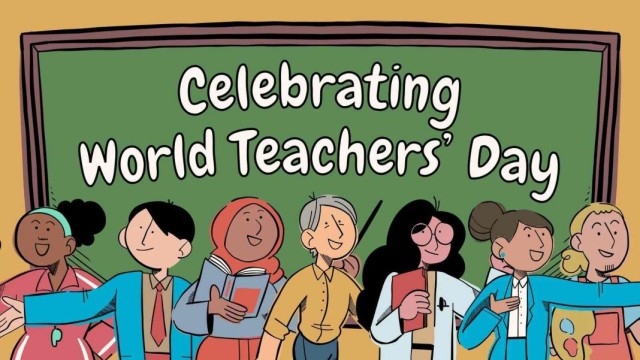


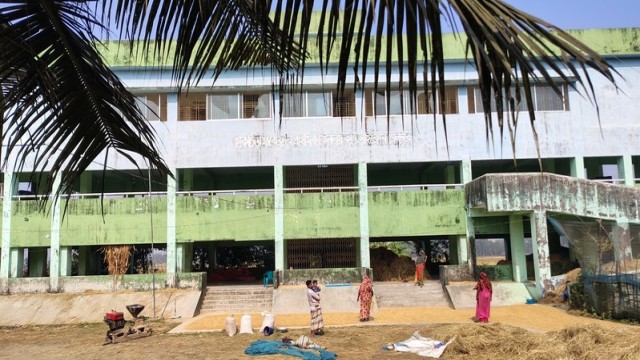
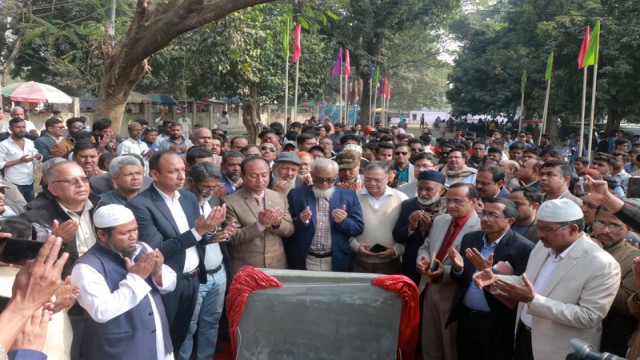
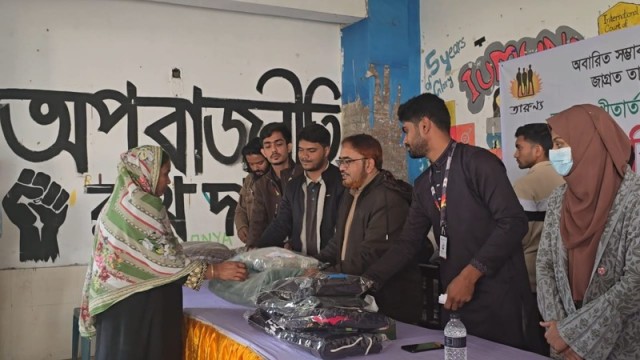
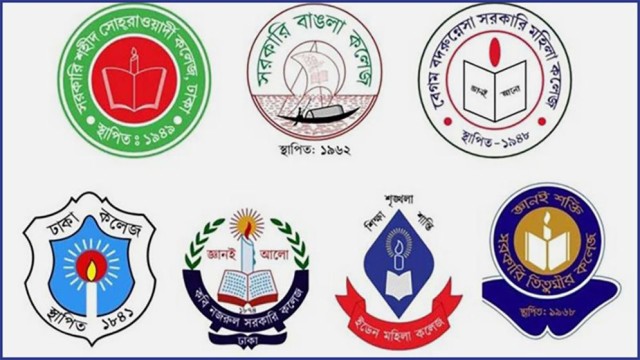

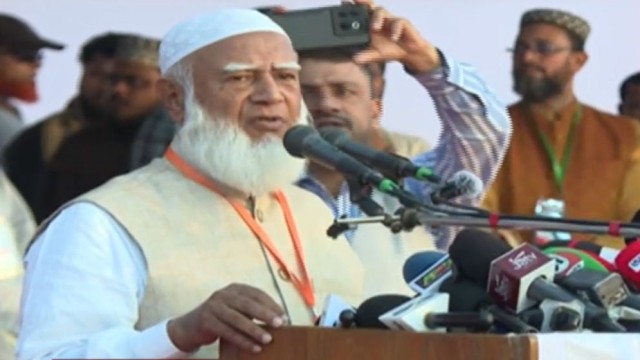
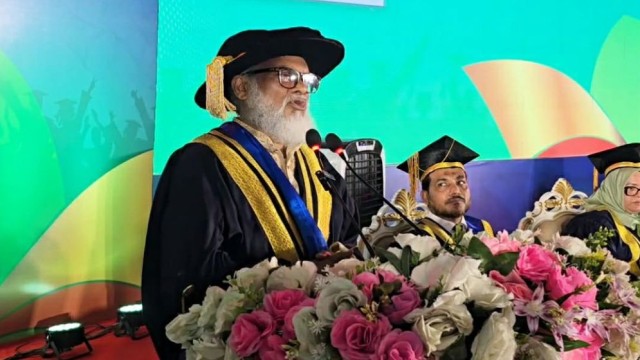

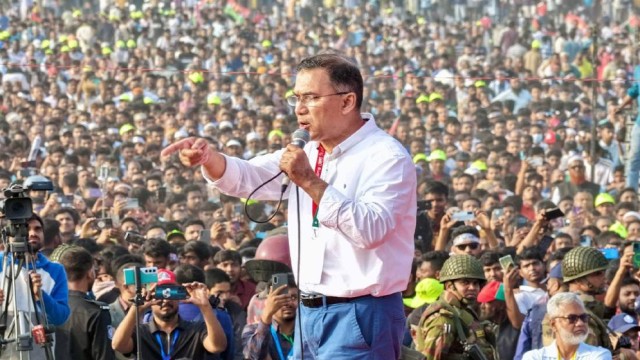

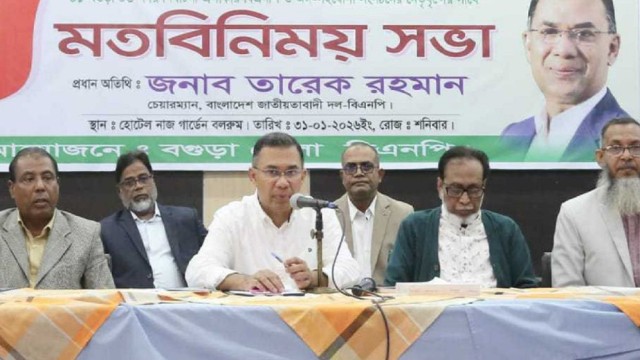

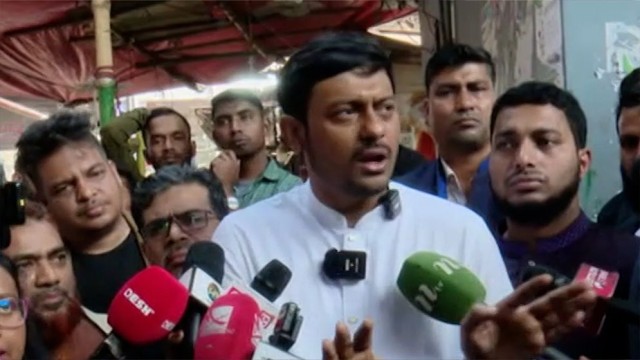
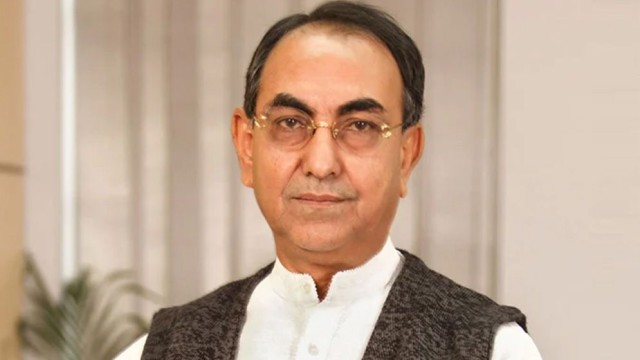



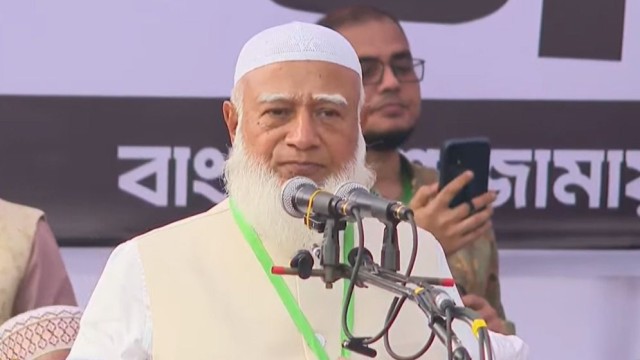
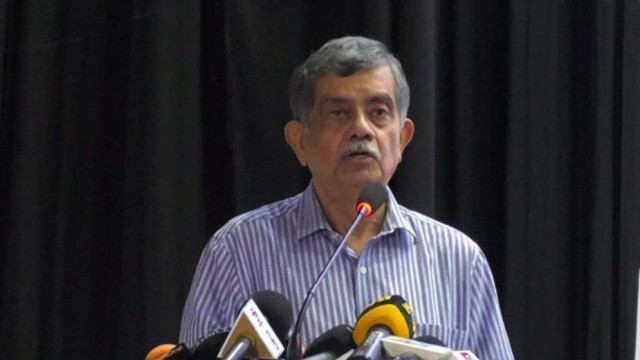
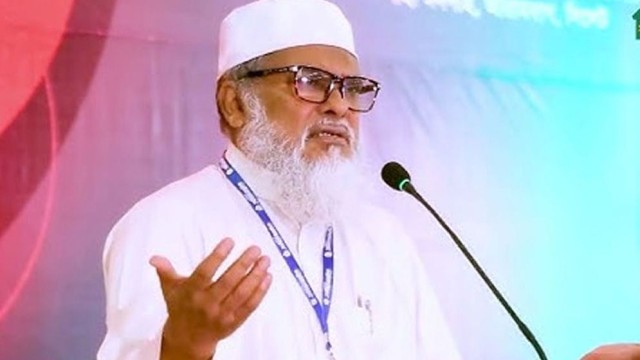
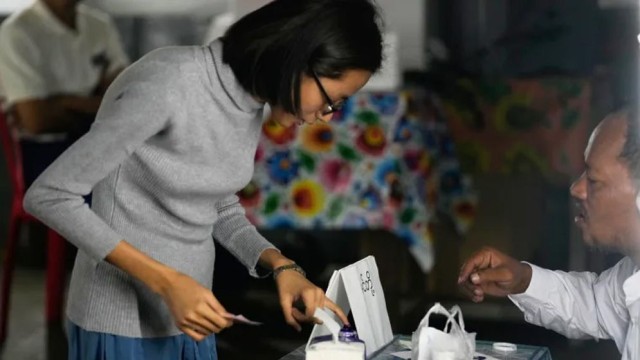

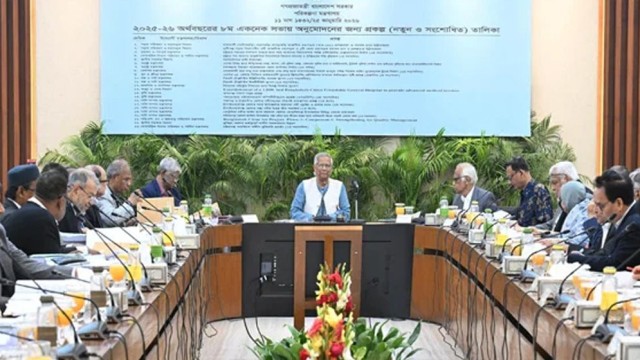
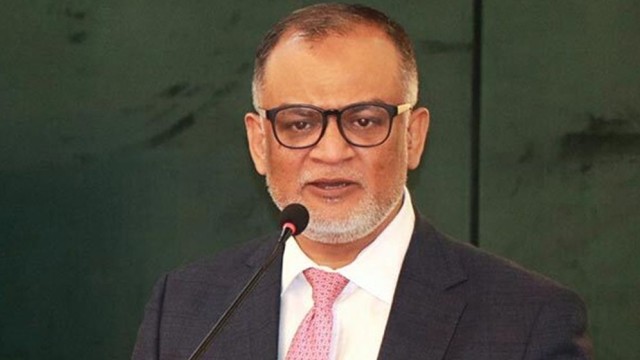
Comment: